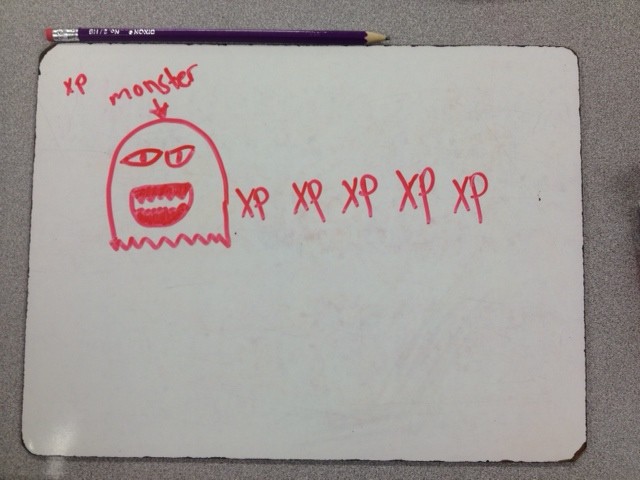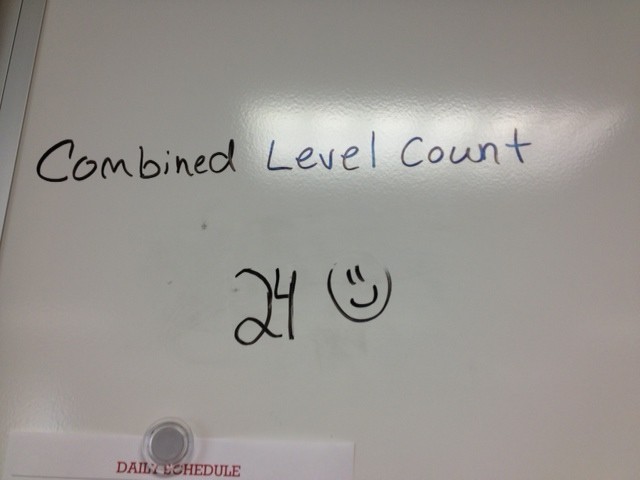
Here’s a list of some of the more popular games that I’ve had the pleasure of playing: Mario 64, Baldur’s Gate, Warcraft 3, Dokapon Kingdom, Elder Scrolls IV: Oblivion. The genre of these games range from action role playing games to real time strategies to family fun games to fantasy adventures. And what do they all have in common? Gold (some blue and red coins too, if we’re talking about Mario 64). Why, as players in these games, are we drawn to gold? By design, the game has us collect gold so that we can spend it for weapons, potions, equipment, and other advantages that help us ultimately beat the game.
But you don’t need gold for this concept to apply. Most games have a store system where players can spend all of that hard-won currency, which we’ll refer to as tokens. This store system principle is in so many games and in ways that you might not expect. When you level up in Diablo III, you’re spending that experience you’ve earned in the same way to level up your character the way that you want to, constantly giving the player options to fine-tune his or her strategy to beat the game.
 So what does this mean for teachers? It means that you can hand out tokens to reinforce good behavior, improvement from one test to the next, or for completing classwork or homework neatly and timely. Ormrod (2011) defines a token economy as a technique to allow students to “purchase” a variety of other reinforcers (p. 303). The options of reinforcers are completely under the teacher’s control. I have encountered several cheap, effective reinforcers that your students may appreciate more than you might think. Here’s a list to get your own shop started:
So what does this mean for teachers? It means that you can hand out tokens to reinforce good behavior, improvement from one test to the next, or for completing classwork or homework neatly and timely. Ormrod (2011) defines a token economy as a technique to allow students to “purchase” a variety of other reinforcers (p. 303). The options of reinforcers are completely under the teacher’s control. I have encountered several cheap, effective reinforcers that your students may appreciate more than you might think. Here’s a list to get your own shop started:
1. Small snacks: crackers, candy, you name it (as long as the kid isn’t allergic)
2. Large snacks: brownies, sandwiches
3. Allowance to listen to music during individual assignments/testing
4. Terrific Kid Card: Send the student home with a card he can show his parent/guardian listing his achievements in the class.
These are just a few examples. While implementing a token economy is valuable to manage behavior, its real worth is found in the soft skills that it helps students develop. Two of the major soft skills it helps are accountability and self-regulation. Students can learn accountability through being responsible for tracking their own tokens (or even keeping track of cheap, physical tokens you give them) until they have enough to purchase whatever reinforcers you have on sale.
Second, implementing an economy like this teaches self-regulation, or “the control and monitoring of our own behavior” (Ormrod, 2011, p. 342). The Store you have in place is only open on the students’ time-when they’ve met the expectations you’ve already established for class. This means that you could simply require students to finish their work or act a certain way for the opportunity to spend the tokens they’ve earned during the year. This practice can teach students to pay attention to their own progress during class and time management, because they will want to accomplish their work within the time given and the quality you expect in order to buy reinforcers from your Store.
These are just a few examples of how token economies can work in a classroom. I invite all teachers interested in implementing this technique to use these ideas for tokens and reinforcers, come up with their own, or combine them with their own students and see the effect it has in the classroom.
Ormrod, J. E. (2011). Educational psychology: Developing learners. Boston: Pearson Education, Inc.




Recent Comments